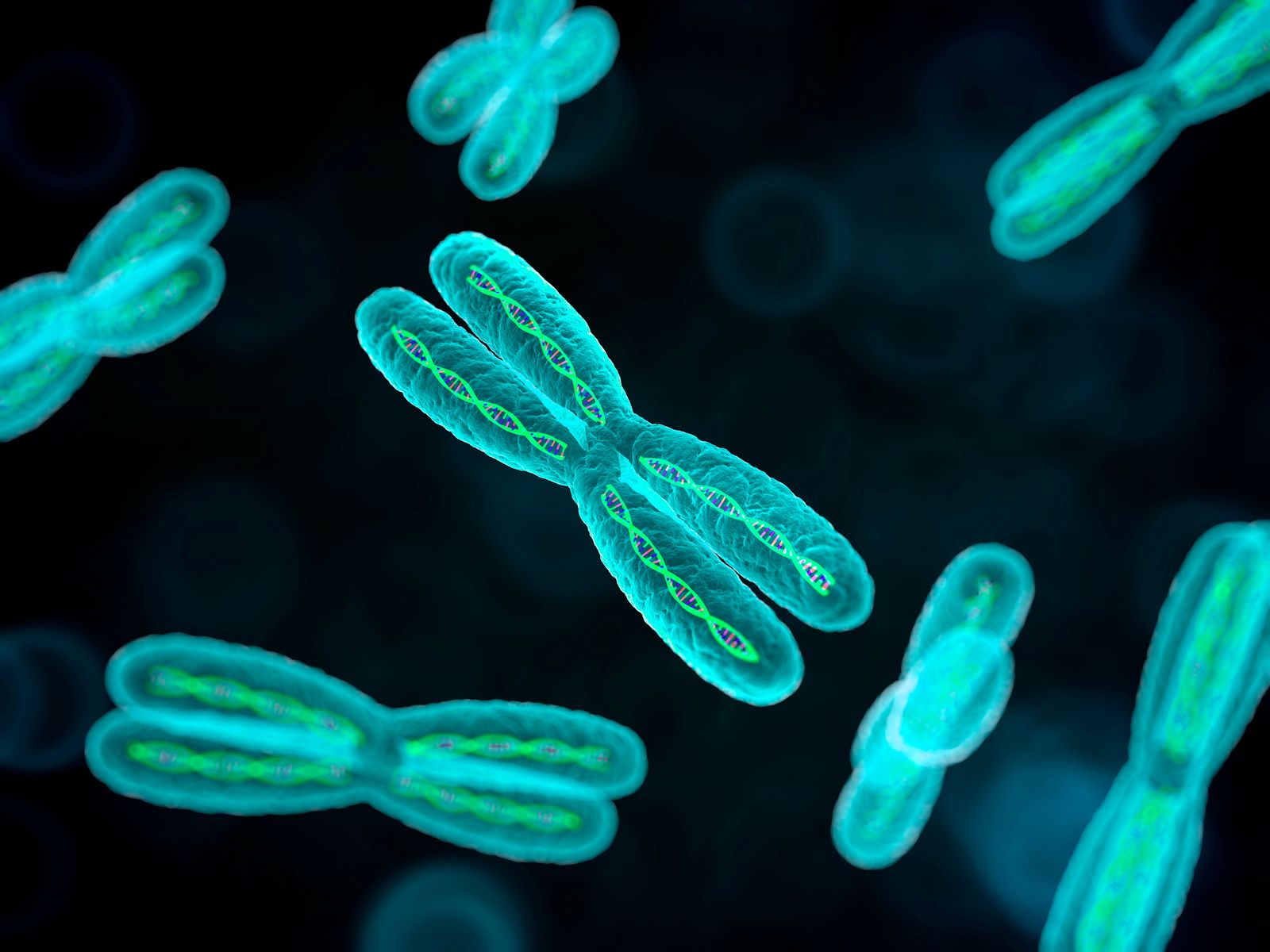Engineering genetic isolation

Project Summary
A direct consequence of the universality of the genetic code is the possibility for genetic information to be transferred between evolutionarily distant species. Such horizontal transfer of genetic information (as opposed to vertical genetic transfer, where information is passed on from an organism to its progeny) is common in nature and has shaped evolution over billions of years. In the context of genetic engineering, however, this type of genetic spillover is highly concerning. Prevention of interference of artificial genetic information with natural biology is critical to allow biotechnological progress to be both safe and ambitious.
Furthermore, biotechnology will play a central role in addressing pressing challenges in food security, pharmaceutical development, sustainable fuel sources, and efficient carbon fixation. Thus, essential parts of the economy will increasingly rely on bioproduction facilities harbouring tailor-made microbes. It is therefore critical that such facilities are extremely reliable. However, due to the universality of the genetic code, engineered organisms are just as susceptible to viral invasion as natural organisms. In fact, a single viral particle that finds its way into a bioproduction facility can force its operational shutdown.
Altering the genetic code of a cell provides an opportunity to render natural and synthetic genetic information incompatible. This breakthrough offers a means to protect the environment from genetically engineered organisms and, vice versa, engineered organisms critical for bioproduction from viral invasion. Through concerted efforts in genome recoding and translational engineering, it was possible to create the first organism with a synthetic genetic code. Since this organism “speaks a different language” than organisms found in nature, it is genetically isolated; it can neither give nor receive genetic information from the environment.
The lab is continuing to develop altered genetic codes to increase the safety of biotechnology and hopes to rewrite even the most complex biological systems in alternative synthetic genetic codes.
Potential Supervisors
- Professor Jason Chin (Founding Director, GBI, EIT & Professor of Chemistry and Chemical Biology, Department of Chemistry, University of Oxford)
- Dr Jérôme Zürcher (Group Leader, GBI, EIT)
Skills Recommended
- A Master’s Degree (or equivalent) in a relevant scientific discipline (e.g. Biology, Chemistry, Engineering, Computer Science)
- Experience of hands-on research in a laboratory setting
- Proven ability to work independently, think creatively, and solve complex problems
- Experience with data analysis, automation platforms, or computational tools relevant to the field
- Experience preparing publications and delivering scientific presentations
- Strong organisational skills and the ability to manage multiple parallel workstreams
- Excellent written and verbal communication skills, including the ability to collaborate across multidisciplinary teams
- A proactive mindset and enthusiasm for working in a fast-paced, high-growth research environment
University DPhil Courses
- DPhil in Chemistry
- MSc by Research in Chemistry
- Other courses to be added as GBI grows its faculty
Relevant Literature
- Zürcher, J. F. et al. Refactored genetic codes enable bidirectional genetic isolation. Science 378, 516–523 (2022).
- Robertson, W. E. et al. Sense codon reassignment enables viral resistance and encoded polymer synthesis. Science 372, 1057–1062 (2021).
- Fredens, J. et al. Total synthesis of Escherichia coli with a recoded genome. Nature 569, 514–518 (2019).
- Nyerges, A. et al. A swapped genetic code prevents viral infections and gene transfer. Nature 615, 720–727 (2023).
- Zürcher, J. F. et al. Genetic code‑locking confers stable virus resistance to a recoded organism. Biochemistry 64, 3093–3103 (2025).




